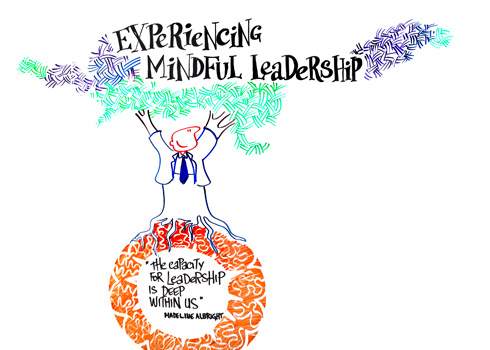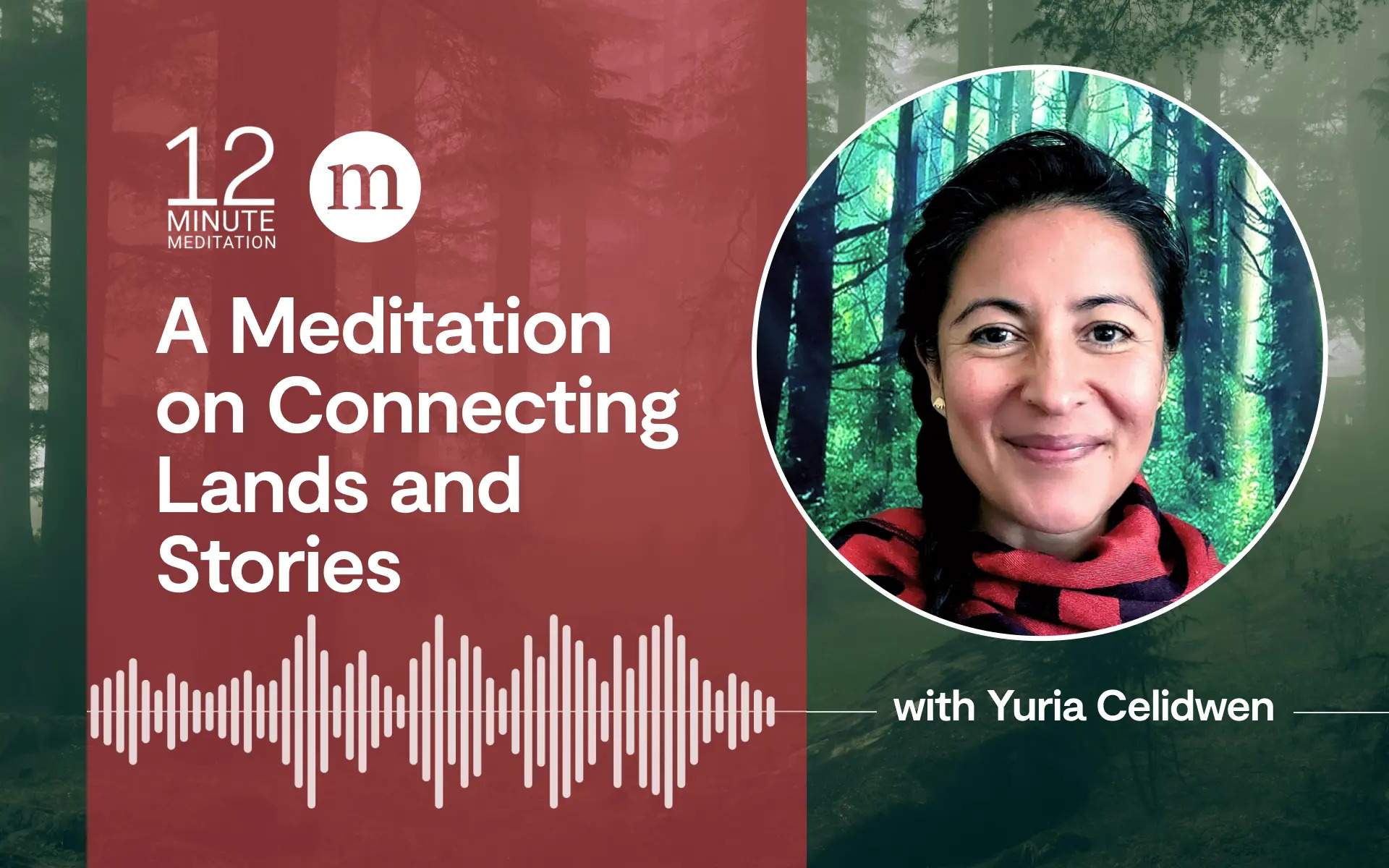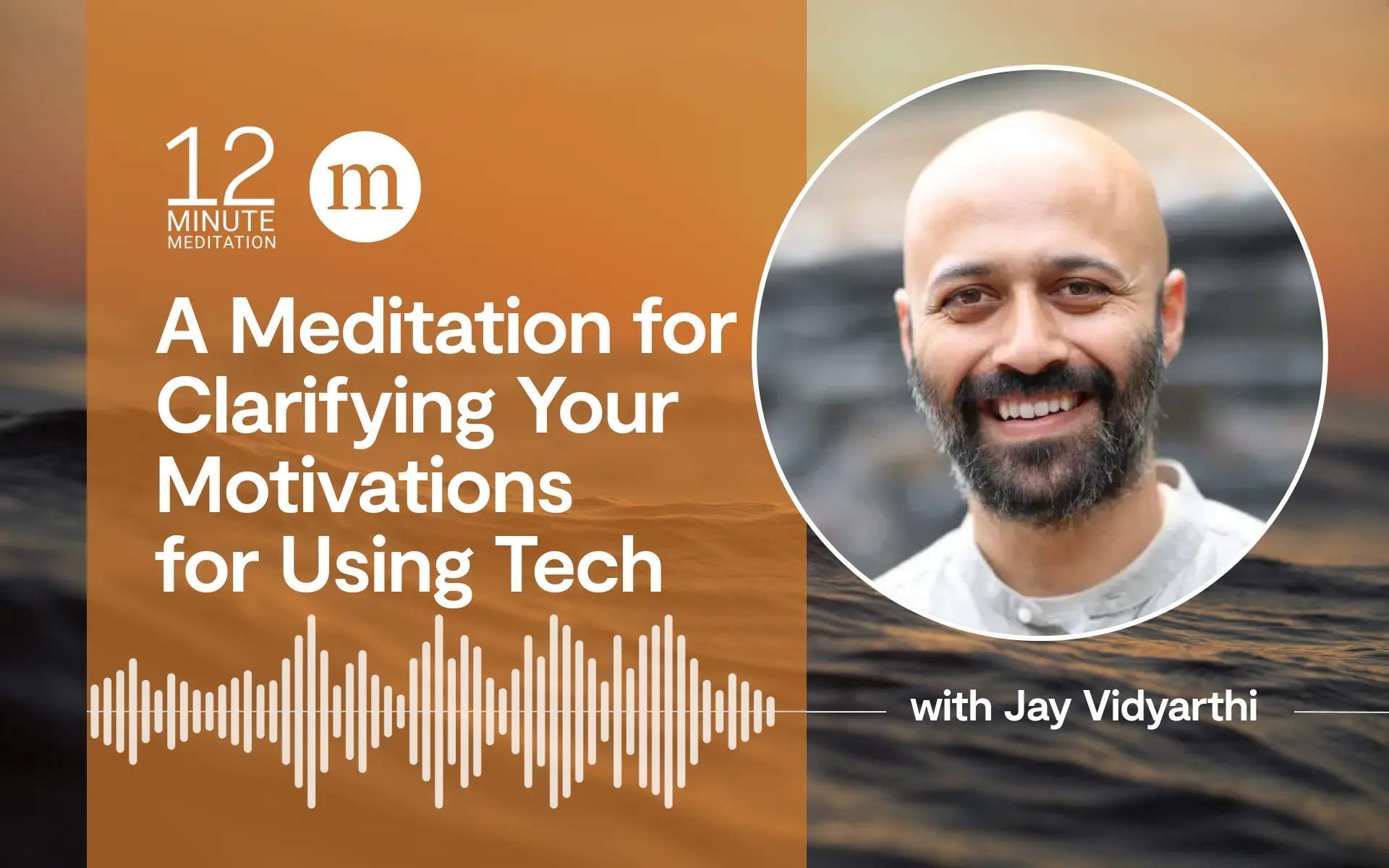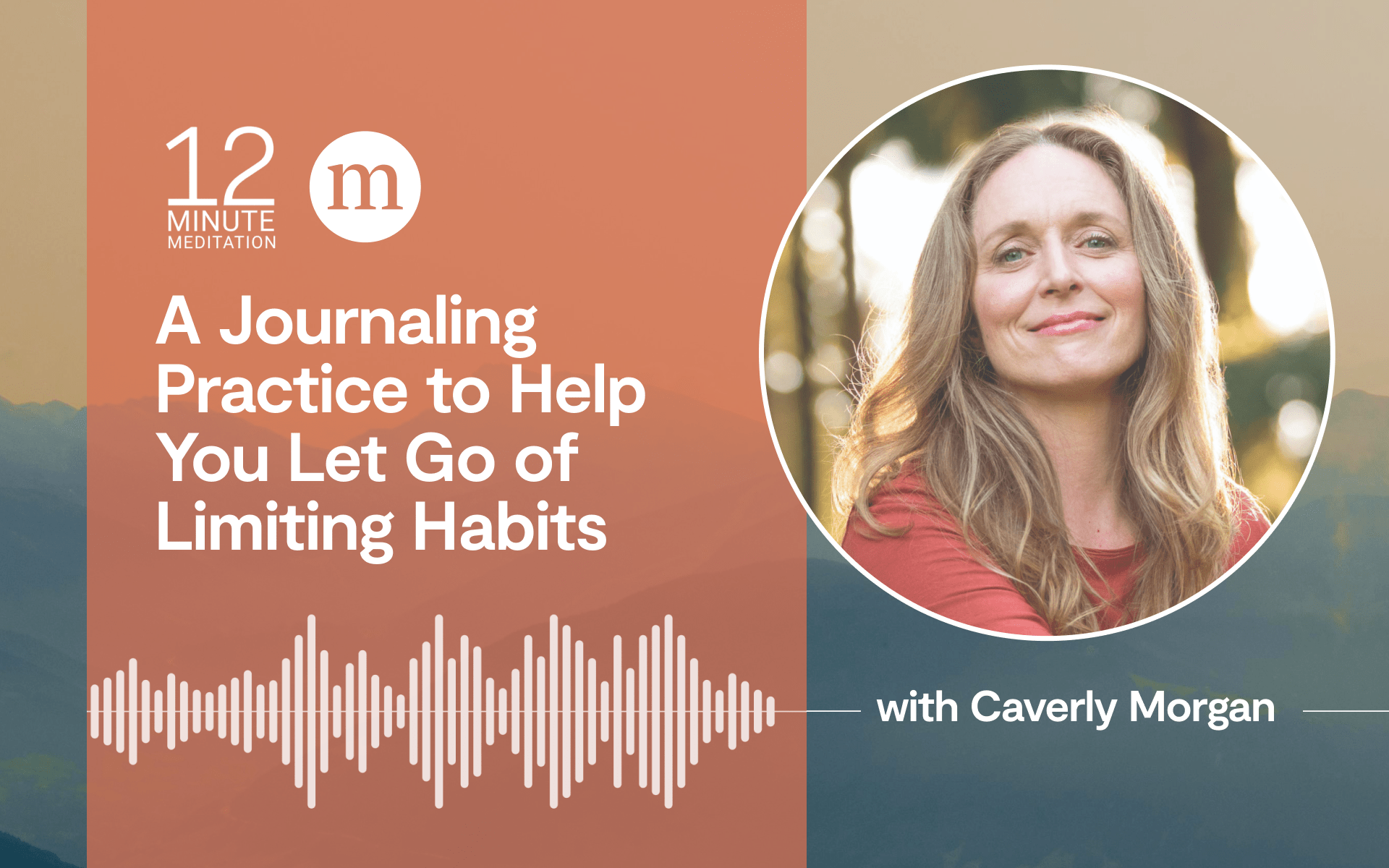Although I have worked with leaders from all sectors of society who work to keep the big picture in mind even as they set their organization’s immediate goals, nowhere is the desire to see the big picture and to influence it in a positive way more apparent than at the World Economic Forum. For one week each year the picturesque mountain town of Davos in southwestern Switzerland becomes a meeting place like no other as it welcomes the annual meeting of the World Economic Forum. Influential people from every sector of the world community make the trip by plane, train, and bus to gather in the snowy Alps in January for several days of conversation and connection. It’s a dialogue about how to change the world.
The participants include prime ministers, kings, princesses, industry leaders, artists, social entrepreneurs, non-profit leaders, academics, and scientists. They also include a group of selected young leaders whose alumni include Bill Clinton, Vladimir Putin, and Angela Merkel. For the 2013 meeting, I was honored to be invited to this gathering to share my work in one of the forum’s workshops, and to guide a morning meditation session, the first such session ever offered at the forum.
The Mindful Leadership Experience workshop was scheduled on the morning of the first day. My co-presenter Mark Williams and I arrived early the morning of the workshop and helped the forum’s staff set up a semi-circle of about twenty-five chairs with some extras stacked against the wall.
Now all we needed to do was wait to see if anyone would show up.
The doors were finally opened and a steady stream of people began to fill the semi-circle. Soon every seat was taken and the staff began to bring in more chairs. Eventually, the room held nearly 70 people and the staff had to close the session. We later would run into people who told us they were turned away at the door. (On two subsequent mornings, we held meditation sessions before the start of the conference day, and dozens of people showed up.)
Among the most prevalent challenges participants identified was the recognition that we are overscheduled and constantly distracted, leaving no space for us to find the most skillful ways to work with, or to initiate, change. We multitask even though some part of us knows that so much is lost when we do so. And even when we get things done, we don’t find the time and space to acknowledge the accomplishment, to debrief with our teams, and to learn from any mistakes. There is inadequate space to lead in the way we not only want to lead, but in the way we need to lead to make a real difference in how we address some of the organizational and global challenges we face today.
One young leader from Africa talked with me about his hope of bringing mindfulness training to the new generation of leaders in his country. Another spoke of the hope that this training would help equalize the disparity in opportunities for women in her Middle Eastern country. A few people shared stories of the hardships in their organizations from the shaky economy, and the sadness they have felt when having to close factories and put people out of work.
Even in the small taste of training I was able to offer in the workshop, one participant made an important discovery. Max, a young businessman, sought me out the next day to share his experience:
I had just settled into my chair with my laptop and phone so that I could tweet any memorable experiences in the workshop. I always do this in workshops and presentations. This is how I share the forum with people I know, so I wasn’t very happy when you asked us to put down our laptops and shut off our phones. In fact, I was really quite angry, and my anger kept growing as you began to speak.
I had decided that I was going to leave, that this wasn’t for me, and since the room was so filled, no one would be bothered if I just sneaked out the back door. Just as I was reaching for my laptop on the floor, you asked everyone to be silent to begin the first meditation. Now I was trapped because I would make noticeable noise if I got up.
I closed my eyes and started to listen to your instructions about meditation. At first, all I noticed was how angry I was and how my body felt tight and uncomfortable. But as the meditation continued, I noticed some softening, not only in my body but also in the anger itself. I became curious about what might happen next as the session continued, so I decided to stay even though I now had a chance to sneak out.
The next time we practiced, I was more at ease and noticed that I began to wonder how often my reaction to something that I don’t expect, or am uncomfortable with, is to bolt. I wondered how often I might be missing something because I do. I’ve now committed myself to a journey to discover what happens if I don’t bolt. What happens if I just stay curious? What might I discover?
Excerpted from Finding the Space to Lead: A Practical Guide to Mindful Leadership, available from Bloomsbury Publishing January 2014.
This web extra provides additional information related to an article titled, “Mindfulness Goes Global,” which appeared in the June 2013 issue of Mindful magazine.






